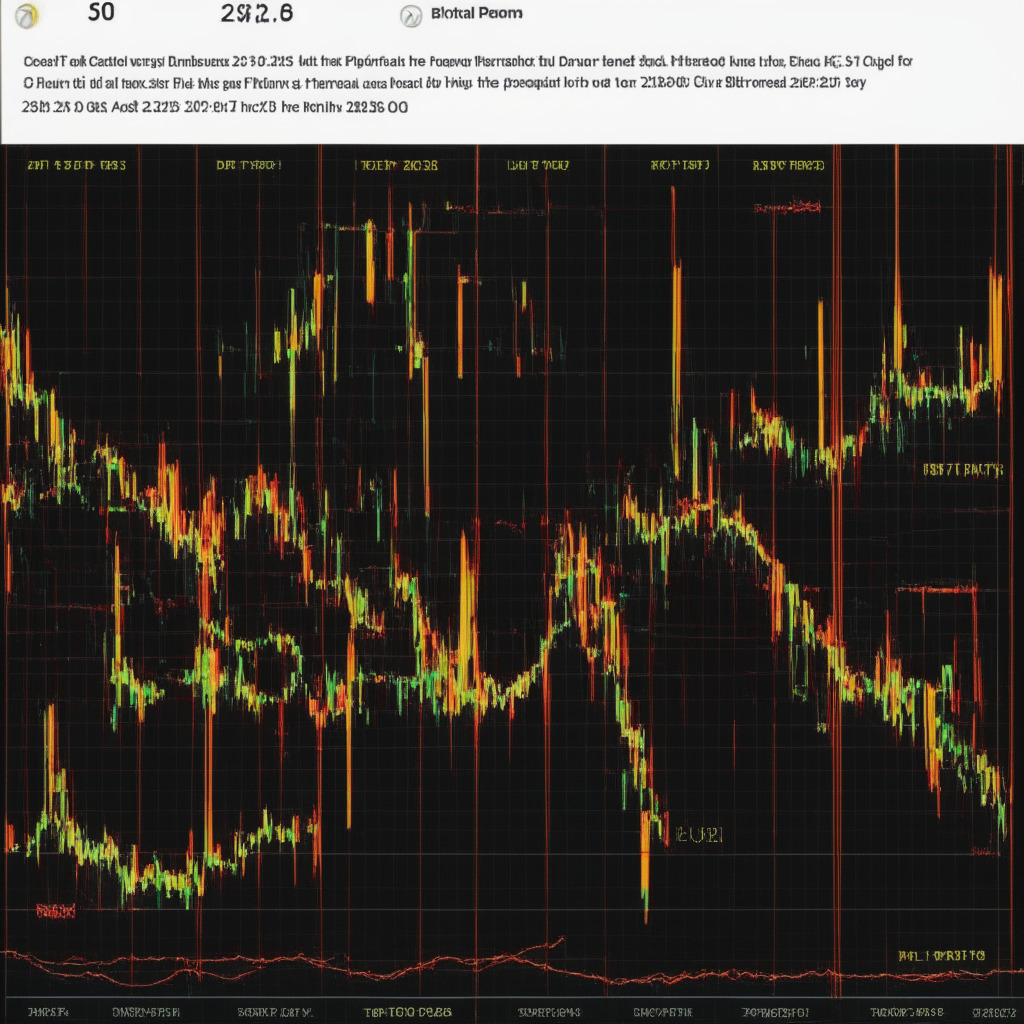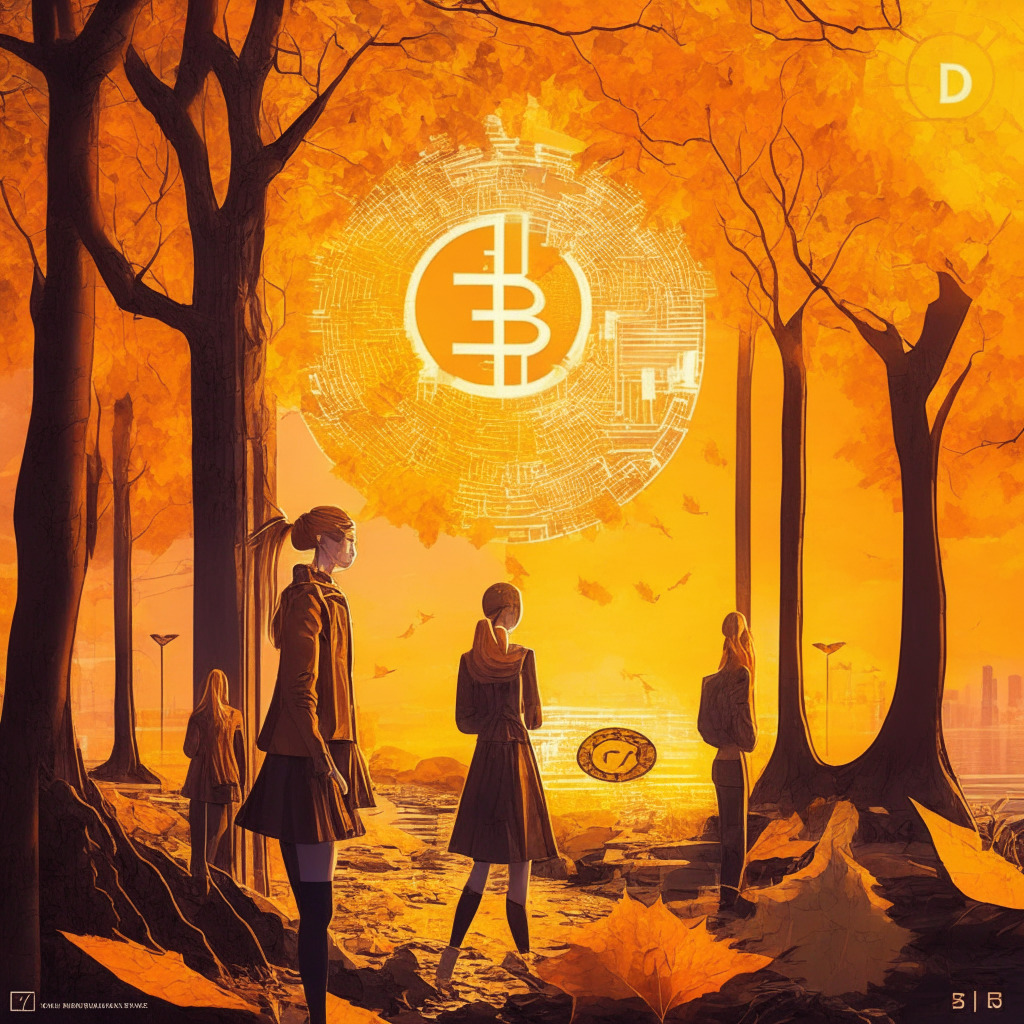The world of decentralized finance (DeFi) has emerged as a hotbed of innovation, promising to transform the financial landscape drastically. However, as futuristic as its prospects may seem, it’s not devoid of risks and uncertainties, making each significant event a matter of immense speculation.
Among recent eyebrow-raising developments is the surfacing of a report regarding the debts of Curve Finance’s founder, Michael Egorov. Egorov finds himself at the center of a swirling whirlpool of concerns as his $100 million debt, backed by an astounding 400 million CRV tokens, juggles on the edge of a potential DeFi calamity.
Notably, the majority of this financial load rests on Aave, where Egorov has an overwhelming 305 million CRV backing a $63.2 million Tether loan. The liquidation threshold standing at 55%, a mere 36% drop could potentially lead to a bearish spill. As it happens, the pendulum of destiny hardly ever swings in one direction in such volatile markets, so whether it tilts into the abyss remains to be seen.
Frax Finance also houses a portion of Egorov’s debt – a relatively smaller figure, but the 15.8 million Frax backed by 59 million CRV comes with a time-weighted variable interest rate. Posed at an astounding 100% loan utilization, the interest rate doubles every 12 hours – a precarious situation for Egorov indeed.
The founder, recognizing the increasing risks, has begun attempts to lower the debt and utilization rate. This effort has taken the shape of an innovative Curve pool deployed to incentivize liquidity toward the lending market. This move has decreased the utilization rate from a full 100% to a more manageable 89%.
The development hasn’t gone unnoticed as speculation has become abundant within community circles, with comparisons drawn to FTX founder Sam Bankman-Fried using FTT as collateral. Some predict it may recoil as an injury to the reputation of the sector, setting it back by a few years and discouraging newcomers from venturing into DeFi.
While many continue to patiently watch the unraveling of events, another significant development, this one from the Nigerian Securities and Exchange Commission (SEC), could reverberate through the crypto-world. Binance, one of the world’s largest crypto exchanges, was warned for operating without a license in the country.
This development sends a clear message to investors about the heightened risk level and potential for total investment loss. Despite a bold stance on its central bank digital currency (CBDC), Nigeria’s caution in dealing with crypto exchanges like Binance results in a more complex marketplace for digital currency investors and platforms in the country.
Both these developments simultaneously throw into sharp relief the robust potential yet precarious aspects of engaging with the vibrant world of cryptocurrencies. It underscores the need for investors to closely monitor the global crypto landscape, the regulatory perspectives, and the market mechanisms when navigating this relatively young and often stormy sea of digital finance.
Source: Cointelegraph




